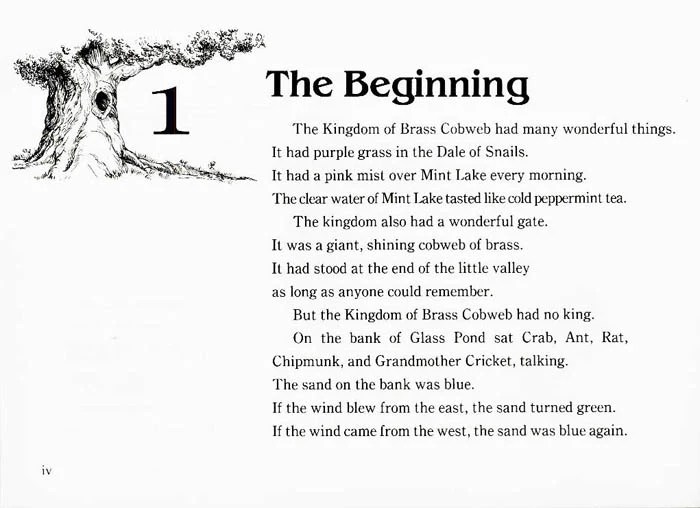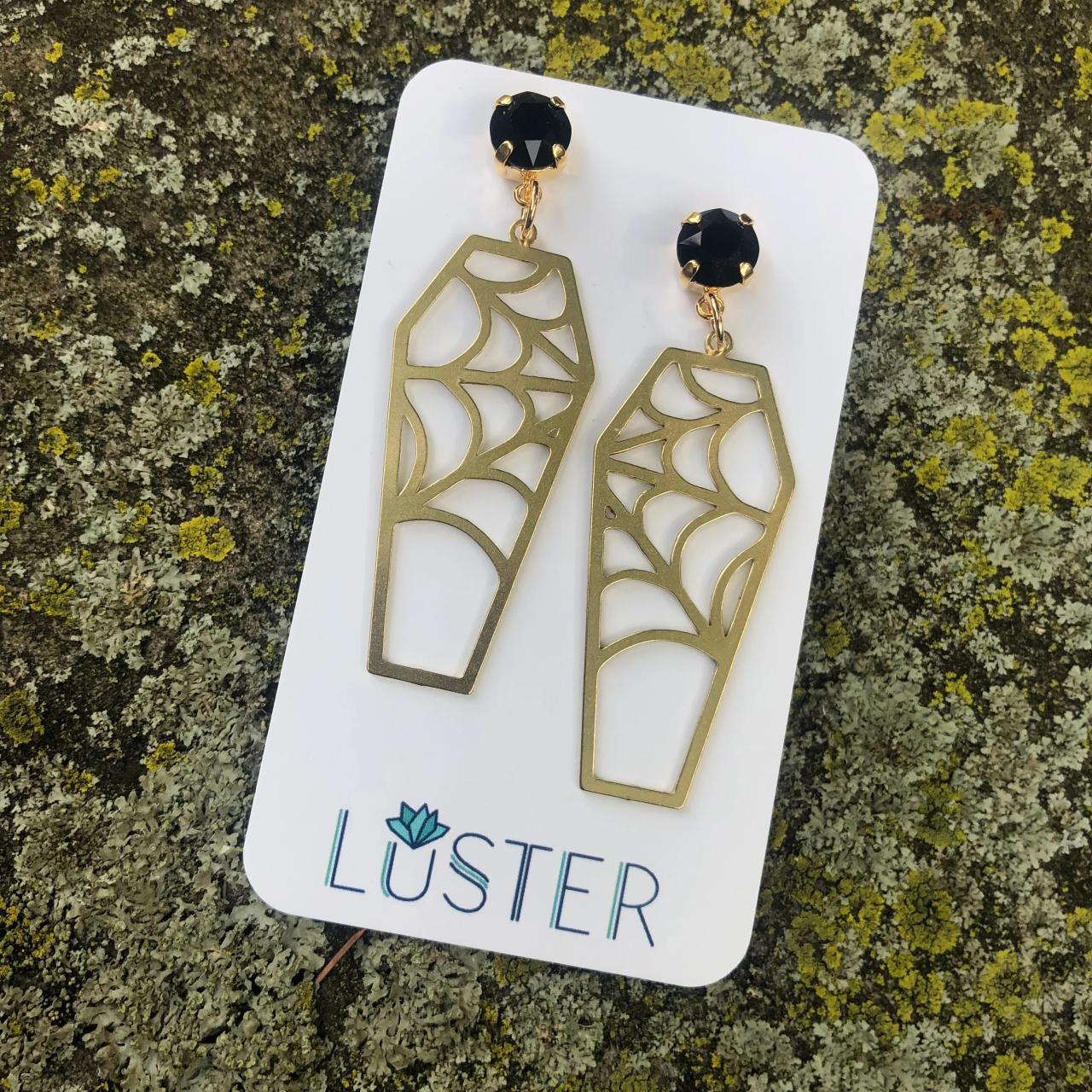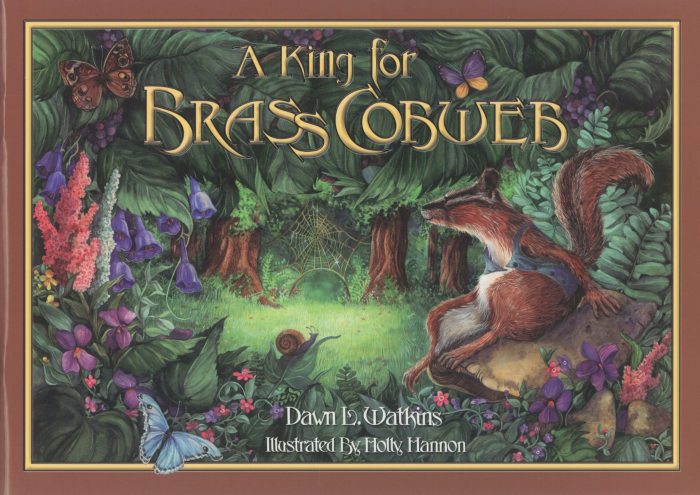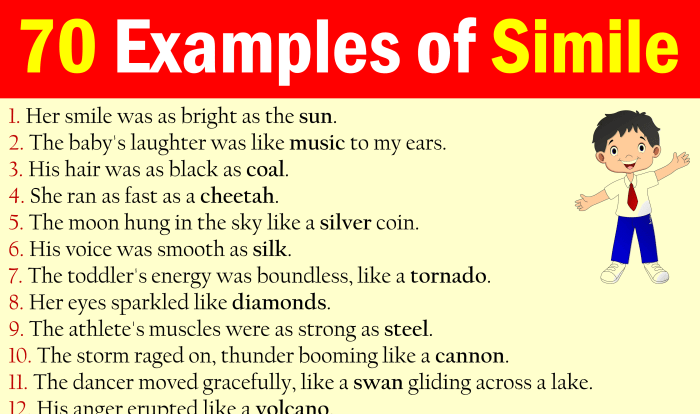In the realm of language, phrases often hold hidden meanings and symbolic depth. One such enigmatic expression is “a king for brass cobweb,” a title that evokes both intrigue and curiosity. Join us as we delve into the fascinating world of this phrase, exploring its historical significance, metaphorical applications, and artistic representations.
From its origins to its modern interpretations, “a king for brass cobweb” has captivated the imaginations of artists, writers, and thinkers throughout the ages. This phrase invites us to ponder the nature of power, fragility, and the interplay between the tangible and the ephemeral.
Definition and Context
The phrase “a king for brass cobweb” is an idiom that refers to someone who is insignificant or worthless.
The literal meaning of the phrase is someone who is crowned king of a brass cobweb. Brass is a cheap metal, and cobwebs are fragile. Therefore, a king of a brass cobweb would be someone who is not very powerful or important.
Historical or Cultural Significance
The phrase “a king for brass cobweb” has been used for centuries to describe someone who is unimportant. It is often used in a humorous way to make fun of someone who is trying to act important.
Examples of Usage
- In the novel The Adventures of Huckleberry Finn, Mark Twain uses the phrase “a king for brass cobweb” to describe a character named the Duke.
- In the play Hamlet, William Shakespeare uses the phrase “a king for brass cobweb” to describe a character named Polonius.
Symbolic Interpretation

The phrase “a king for brass cobweb” is rich in symbolic meaning. “A king” represents power, authority, and leadership. “Brass” symbolizes wealth, prosperity, and durability. “Cobweb” represents fragility, vulnerability, and transience. The combination of these elements creates a deeper meaning that explores the complexities of power, wealth, and mortality.
The King
The king in the phrase represents the pinnacle of power and authority. He is the ruler of his kingdom, with the power to make laws, wage wars, and administer justice. However, the king is also a mortal man, subject to the same frailties and limitations as any other human being.
Brass
Brass is a valuable metal that has been used for centuries to make jewelry, coins, and other objects. It is a symbol of wealth and prosperity, as well as durability and strength. However, brass can also be tarnished and corroded, which represents the impermanence of material possessions.
Cobweb
A cobweb is a delicate and fragile structure made of spider silk. It is easily destroyed by the slightest breeze or touch. Cobwebs represent the transience and vulnerability of life. They are a reminder that even the most powerful and wealthy people are ultimately mortal and subject to the forces of nature.
The Combination of Elements
The combination of a king, brass, and cobweb in the phrase “a king for brass cobweb” creates a powerful and thought-provoking metaphor. It explores the complexities of power, wealth, and mortality. The king represents the pinnacle of power, but he is also a mortal man.
Brass represents wealth and prosperity, but it is also impermanent. Cobwebs represent the transience of life, reminding us that even the most powerful and wealthy people are ultimately mortal.
Metaphorical Applications

The phrase “king for a day” has a range of metaphorical applications beyond its literal meaning. It can be used to represent concepts such as power, fragility, and the transience of human experience.
In political discourse, the phrase can symbolize the temporary nature of power and the fragility of those who hold it. A “king for a day” may be a leader who rises to power quickly but is just as quickly overthrown.
This metaphor reminds us that even the most powerful individuals are subject to the whims of fate and the tides of history.
The king for brass cobweb is a fascinating figure, isn’t he? If you want to learn more about him and similar topics, check out unit 5 session 2 letrs . It’s a great resource for those interested in exploring the world of brass cobwebs and their enigmatic rulers.
Examples in Creative Expression
In literature and popular culture, the phrase “king for a day” is often used to explore themes of power and ambition. For example, in the novel The Great Gatsbyby F. Scott Fitzgerald, the protagonist Jay Gatsby is a self-made millionaire who dreams of winning back his lost love.
Gatsby’s pursuit of wealth and status is ultimately futile, and he ends up as a “king for a day” who is ultimately destroyed by his own ambition.
Literary Allusions

The phrase “a king for brass cobweb” has appeared in various literary works, often carrying symbolic meanings and allusions to power, vanity, and the ephemeral nature of material possessions.
The following are some notable literary works that incorporate or allude to this phrase:
The Tempest by William Shakespeare
- In Shakespeare’s play “The Tempest,” the phrase “a king for a brass farthing” appears in a speech by the character Trinculo, a jester.
- Trinculo uses the phrase to mock the deposed king Alonso, who is now stranded on a remote island and has lost all his wealth and power.
- The allusion to “brass cobweb” suggests the fragility and worthlessness of Alonso’s former status as king, which has now been reduced to nothing more than a useless ornament.
Moby-Dick by Herman Melville
- In Herman Melville’s novel “Moby-Dick,” the phrase “a king for brass cobweb” is used by the character Ahab to describe the white whale he obsessively pursues.
- Ahab sees the whale as a symbol of his own relentless quest for revenge and as a representation of the elusive and unattainable.
- The phrase “a king for brass cobweb” highlights the futility of Ahab’s obsession and the destructive consequences it brings upon himself and others.
The Great Gatsby by F. Scott Fitzgerald
- In F. Scott Fitzgerald’s novel “The Great Gatsby,” the phrase “a king for a brass cobweb” is used to describe the character Gatsby’s lavish lifestyle and his pursuit of the unattainable.
- Gatsby’s wealth and possessions are ultimately revealed to be empty and meaningless, much like the “brass cobweb” of the phrase.
- The allusion serves to underscore the hollowness of Gatsby’s dreams and the destructive consequences of his relentless pursuit of material wealth and social status.
Significance of Literary Allusions
These literary allusions to “a king for brass cobweb” provide valuable insights into the phrase’s literary context and its symbolic meanings.
They highlight the themes of power, vanity, and the ephemeral nature of material possessions, exploring the ways in which these concepts can lead to destruction and disillusionment.
Modern Interpretations: A King For Brass Cobweb

In contemporary times, the phrase “a king for brass cobweb” has been reinterpreted and adapted by various artists, writers, and thinkers, infusing it with new meanings and perspectives.
These modern interpretations often explore the juxtaposition between the grandeur of a king and the fragility of a cobweb, highlighting themes of power, vanity, and the ephemeral nature of human endeavors.
Literary Interpretations, A king for brass cobweb
- In her novel The Bell Jar, Sylvia Plath uses the phrase to symbolize the protagonist’s feelings of insignificance and entrapment within societal expectations.
- Contemporary poets like Billy Collins and Jane Hirshfield have employed the phrase in their works to explore the fleeting nature of power and the resilience of the human spirit.
Artistic Interpretations
- Visual artists such as Ai Weiwei and Anish Kapoor have created sculptures and installations that evoke the tension between grandeur and fragility, referencing the phrase “a king for brass cobweb” through their choice of materials and forms.
- In theater, playwrights like Tony Kushner and Sarah Ruhl have incorporated the phrase into their works to examine the themes of power, ambition, and the limits of human potential.
Philosophical Interpretations
- Modern philosophers have explored the phrase in the context of existentialism and postmodernism, questioning the traditional notions of power and authority and emphasizing the ephemeral nature of human existence.
- Thinkers like Michel Foucault and Judith Butler have analyzed the phrase in relation to the construction of social and political power structures.
Frequently Asked Questions
What is the literal meaning of “a king for brass cobweb”?
The phrase “a king for brass cobweb” does not have a literal meaning. It is a metaphorical expression that conveys a deeper symbolic significance.
What does “brass” represent in the phrase?
Brass is a metal that is often associated with strength, durability, and resilience. In the phrase, it may symbolize the enduring nature of power or the resilience of the human spirit.
How has “a king for brass cobweb” been used in modern art?
Contemporary artists have reinterpreted the phrase in various ways, using it to explore themes such as the fragility of power, the tension between strength and vulnerability, and the ephemeral nature of existence.
